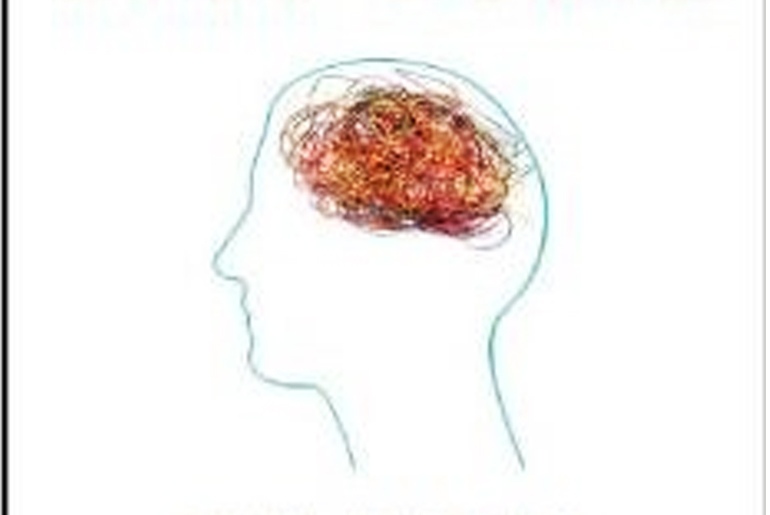When faced with triggers, individuals commonly exhibit one of four instinctive reactions: freeze, fight, flight, or fawn. These responses, often automatic and rooted in our evolutionary past, emerge in various stressful situations such as relationship conflicts, work-related stress, or family issues. The challenge lies in the difficulty of controlling these reactions when triggered. The freeze response involves a sort of paralysis, fight manifests as confrontational behavior, flight entails avoiding or escaping the situation, and fawn is marked by a people-pleasing or accommodating demeanor. Acknowledging and understanding these instinctive reactions is the first step towards developing better control over our responses, paving the way for healthier and more intentional interactions in challenging circumstances.
Creating Outlets for Emotional Release:
- Safe Community: Building connections within a supportive community can provide a sense of belonging and emotional release.
- Hobbies: Engaging in hobbies not only serves as a distraction but also offers a positive channel for emotional expression and stress relief.
Journaling:
- Keeping a journal helps in understanding behavior patterns, identifying triggers, and gaining insights into thoughts and emotions, fostering self-reflection.
Body Awareness:
- Paying attention to physiological sensations in the body, such as breathing and heartbeat, enhances mindfulness and helps in recognizing signs of stress or tension.
Daily Relaxation Techniques:
- Deep Belly Breathing: Incorporating deep breathing exercises into daily life contributes to relaxation and stress reduction.
- Visualization: Imagining calming scenes or positive outcomes aids in creating a mental space for relaxation.
- Muscle Tensing: Progressive muscle relaxation helps release physical tension, promoting overall relaxation.
Professional Support:
- Acknowledging the need for professional help is a vital step. Mental health professionals can provide guidance, support, and strategies tailored to individual needs.
Proactive Mental Health Practices:
- Consistency: Regularly practicing relaxation techniques and self-care activities contributes to long-term mental well-being.
- Self-Awareness: Developing awareness of one’s mental and emotional state fosters proactive self-care and helps in identifying potential challenges.
Remember that mental well-being is an ongoing process, and a holistic approach that encompasses physical, emotional, and psychological aspects is essential. Combining self-care practices with professional support, when needed, forms a comprehensive strategy for maintaining and enhancing mental health. Taking these proactive steps reflects a positive and empowered approach to overall well-being.
Disclaimer:
The information contained in this article is for educational and informational purposes only and is not intended as a health advice. We would ask you to consult a qualified professional or medical expert to gain additional knowledge before you choose to consume any product or perform any exercise.







